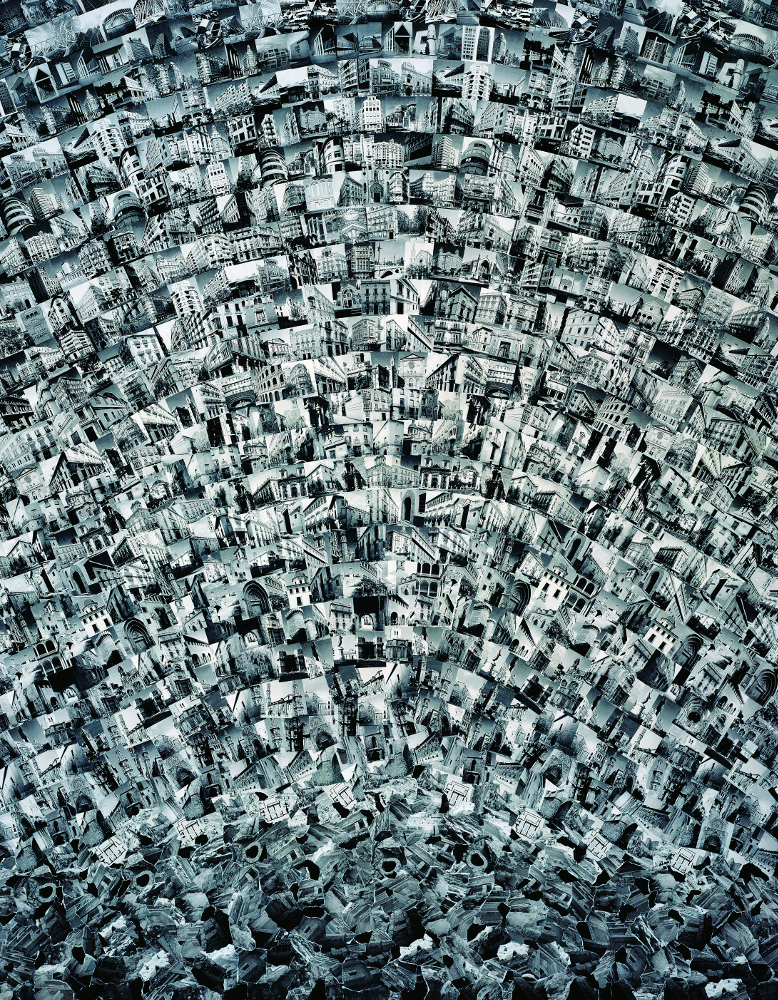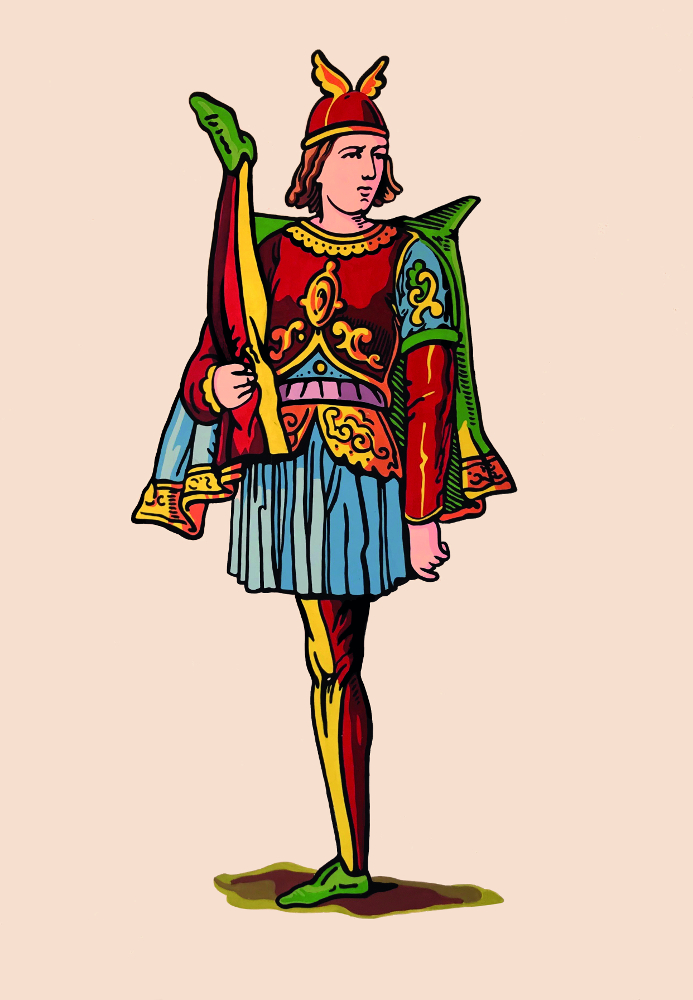Las tres gracias. De la serie La Mujer, 1970 - 2009 © Isabel Oliver
The current exhibition follows a diachronic path through the artistic career of Isabel Oliver (Valencia, 1946), who has worked as a painter, engraver and professor of the Universitat Politècnica de València. She trained herself in the discipline of the profession. Once this period was finished, she became concerned with feminism and environmentalism, which have influenced all her works from the 1970s to the present day.

She gave her first steps in pop art in 1970 with artistic series such as La Mujer or El Juego, in which she critiques the traditional values of present society and the pre-established rules. She invites to break conventionalisms. She developed her discontent with some assigned functions of the feminine sex because they contributed to impoverish her personality. She denounced it with ironic images. She also reduces the decorative element of a society based in appearances and dominated by some norms that assign her stupid and socially irrelevant roles.

Between 1973 and 1975, she worked with a pop-style landscape that was very distant from the models she had learnt in the school. She looks for the destruction of the clichés and the renovation of a genre related to the Valencian tradition but confined in fixed schemes that have avoided her evolution towards other systems which are more expressive and linked to the present day. She evidences the popularization of the language with screen printings in order to be embroidered to emulate prestigious and recognised pieces. It is a critique to the commercialization and trivialisation of art.
She returned to her artistic vocation in 1990 after 15 years of dedication to her professional career, the university and her family. The landscape will continue being her main mean of expression in the future. The landscape does not represent natural beauty. Isabel Oliver maintains her critical spirit around the environment and denounces the permanent aggressions that the ecosystem suffers as a result of the economic interests. As a visionary of a near future, she warns us of future pains if the abuses to nature persist and the balance between progress and ecology is evened out.





